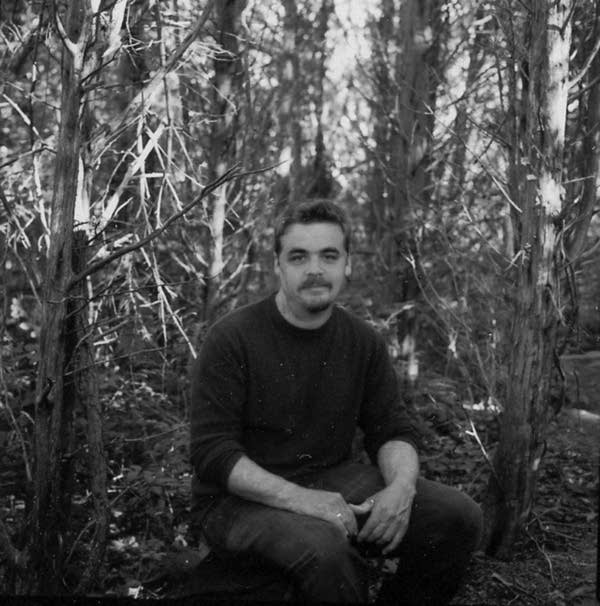'The Burn Journals:' To the brink of suicide and back
Go Deeper.
Create an account or log in to save stories.
Like this?
Thanks for liking this story! We have added it to a list of your favorite stories.

When Brent Runyon, now 29, finally began to write the story of what had happened in the winter of '91, his burns were mostly healed and his depression was at bay.
But from the first pages of what would become "The Burn Journals," Runyon unerringly resurrects the anguished, bewildered rebellion of a 14-year-old boy on the half-hearted brink of suicide.

Diane Stresing reviewed the book for the Cleveland Plain Dealer, and says Runyon did a masterful job of putting us "in the moment."
"He waited so long to tell his story, and yet he made it feel so immediate," says Stresing. "But it did feel like he was not too far away from this place when he was writing it. It didn't seem like a decade had gone by."
Turn Up Your Support
MPR News helps you turn down the noise and build shared understanding. Turn up your support for this public resource and keep trusted journalism accessible to all.
Runyon, an aspiring writer even as a kid, wasn't sure there was a book to be written from his experience.
He says in the afterword: "As I wrote that first day, describing my parents, my friends, and the smell of gasoline, I remember thinking that I would write for a few months, slap some words down on the page, and then I'd be done with the whole burn thing, forever."
What emerged, instead, was a vivid account of soaking a bathrobe in gasoline and striking a match, the panicked call to 911, the months of painful treatment that followed, and the self-discovery that he embarked on with the help of his parents, his friends, and the psychologists he mostly reviled.
I'm just another guy with a history of depression, which is somehow very comforting to me.
Clare Martin, a writer for the Denver Post -- and the daughter of a parent who committed suicide -- said Runyon doesn't glamorize suicide but really puts adolescent depression in perspective.
"I think this gives teens a clue about how to actually assess what, to them, is a hugely bleak situation and put it into perspective," said Martin. "Read this book and you can see -- one, that you're certainly not alone, and two, you'll get the point that this is a bump, not a crisis -- that it's something you could overcome."
That's precisely what Runyon tells the young people who come to his readings.
He writes at the end of his book: "As I talked to more people, I realized that the only thing unique about my story is the rather unfortunate and dramatic way in which I tried to kill myself. Other than that, I'm just another guy with a history of depression, which is somehow very comforting to me."
Diane Stresing says that's the quality that came through Runyon's writing that will appeal to so many readers, and leave its mark.
"On his trip to the hospital, you knew, as a reader and as someone interested in Brent's story, that he wasn't going to be a hero. And yet, he wasn't completely a tragic figure either. So I think as a writer, he has hit the exact right and accurate note for his story."
It's a story full of hard-won wisdom and determined optimism.



